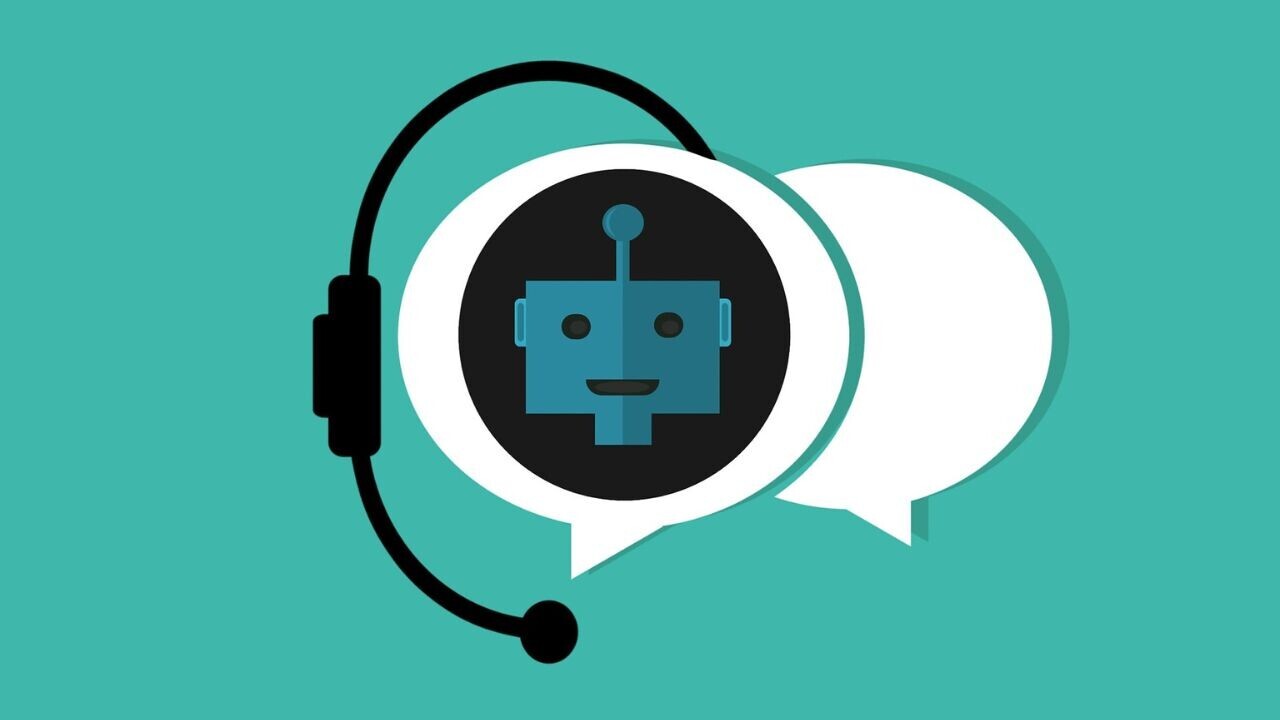
ChatGPT has spawned a new sector of AI chat apps — and Europe’s at its epicentre. Since the tool launched in November 2022, these apps have been downloaded 23.6 million times from the Google Play Store, according to research by App Radar.
The study uncovered 40 AI chat apps with over 10,000 users that harness ChatGPT or similar tech. Europe emerged as the global leader of the nascent segment. The continent was the birthplace of 14 apps that bagged a total of 8m downloads — 34% of the entire sector.
The remainder was divided between the Americas (nine apps with 2.7m downloads) and Asia (seven apps with 7.4m downloads). A further eight apps with 5.2m downloads had an unknown country of origin.
Thomas Kriebernegg, co-founder and managing director at App Radar, ranks the boom among the most explosive he’s ever witnessed for a new sector. He largely credits media interest in generative AI and the perception that ChatGPT is groundbreaking. In Europe, the growth has been further accelerated by talented devs and a receptive public.
“Generally speaking, European consumers are much more willing to experiment with new technology than people in other regions. You can see that clearly when you compare usage numbers for fintech apps and solutions in the UK with the US,” Kriebernegg told TNW via email.
“This culture enables European app developers to grow their consumer base faster before expanding into new territories.”
The continent’s standout country is Turkey, which has attracted 5.9m downloads across four apps — including the top three. With a rising development ecosystem, a mobile gaming hub, regulations supporting startups, and an expanding list of tech successes topped by Getir, the country is a potential powerhouse in the segment. But converting its early advantage into a lucrative ecosystem will be challenging.
In the new wave of AI chat apps, promising user bases haven’t yet produced high revenues.
At present, AI chat apps are typically monetised with ad revenue and premium subscriptions, but basic use is essentially free. To secure a large, paying customer base, devs will need to offer unique services that add major value. Unfortunately for the app-makers, existing users appear reluctant to invest.
Nonetheless, Kriebernegg expects the sector to continue growing — for now.
“Oftentimes app segments end up getting dominated by 10 or 20 apps that account for the vast majority of users,” he says. “At the moment eight apps have more than a million users, so there’s plenty of room for new challengers.
“As the market starts to coalesce and leaders emerge it will become much more difficult for new entrants to compete unless they bring something unique and innovative to the table.”
“It’s clear that this is just the beginning.
Most of the current apps are in the ‘Productivity’ and ‘Tools’ categories of the Google Play Store, which suggests that they’re designed for day-to-day work and tasks. A smaller group within the ‘Entertainment’ category is intended for companionship.
Analysts expect new use cases to emerge fairly quickly, but it’s still unclear whether customers will ultimately prefer specialist AI apps or ‘one-stop shops’ that cover various tasks.
For the early app users, ChatGPT appears to predominantly provide a smarter search function or a quicker way to draft messages. The model’s Q&A capabilities are particularly popular, which may further alarm Google about the future of search.
“ChatGPT apps enable this type of natural searching, presenting information in a really intuitive way,” says Kriebernegg. “It can be more accurate and much faster than using these questions or keywords on Google. As a result, people are really embracing ChatGPT apps as assistants.
“However, it’s clear that this is just the beginning. I would expect, once people really get to grips with generative AI, they will start to look at how they can automate daily tasks or assist with creativity — such as producing imagery or music.”
Get the TNW newsletter
Get the most important tech news in your inbox each week.




